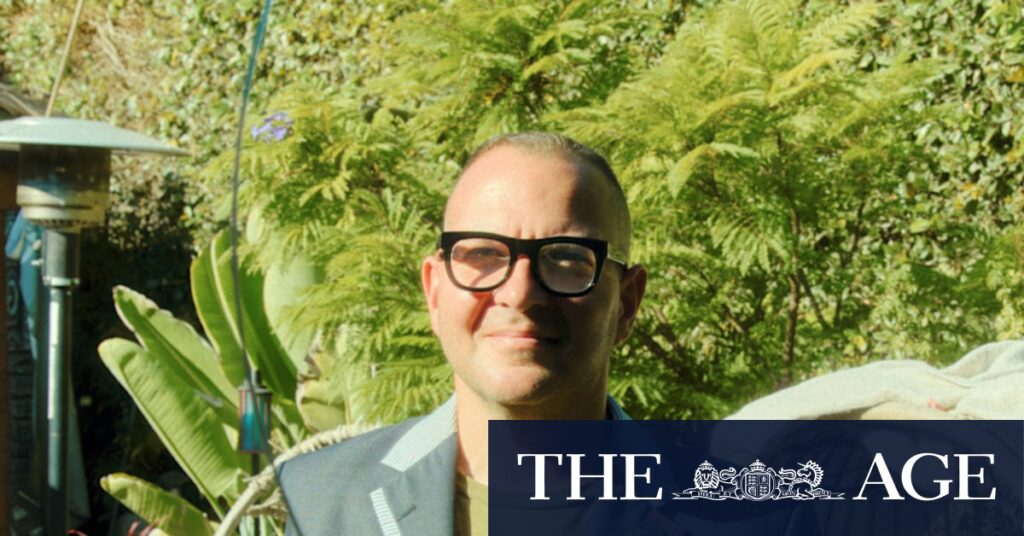
Speaking over Zoom from Los Angeles, Canadian-British journalist and tech activist Cory Doctorow paints a vivid picture of how power manifests in the digital age. “If Elon Musk was broke, he’d just be another asshole with bad ideas,” Doctorow asserts, surrounded by books and eclectic objects that hint at his deep engagement with both the physical and digital worlds.
Doctorow’s latest book, Enshittification: Why Everything Suddenly Got Worse and What to Do About It, delves into how the internet’s utopian promise has degraded into a landscape dominated by Big Tech. The term “enshittification,” coined by Doctorow, describes the process by which lax antitrust regulations allowed tech giants to grow into rent-seeking intermediaries. This phenomenon has resulted in platforms like Airbnb, Uber, and Netflix becoming less user-friendly and more exploitative.
The Rise of “Enshittification”
Doctorow explains that “enshittification” is a consequence of Big Tech’s unchecked growth, facilitated by weak antitrust enforcement. This has led to a digital environment where users are often exploited. For instance, platforms like Uber, which initially offered cheap fares and flexible work, now engage in “twiddling”—a practice where two passengers taking the same route are charged differently based on their data profiles.
“It’s unfair to be charged more because they know you got paid today,” Doctorow says, highlighting the inequities inherent in such systems. This practice extends beyond ride-sharing apps to a wide range of digital services, where users’ data is leveraged to maximize profits at their expense.
From Fiction to Reality: Doctorow’s Vision
Doctorow’s work as a science fiction writer often intersects with his tech activism. His short story “Unauthorised Bread” from the Radicalised collection serves as a metaphor for the current digital landscape. The story features a Syrian refugee who must jailbreak enshittified appliances in a high-rise block, highlighting the absurdity and injustice of proprietary restrictions.
This narrative has resonated with readers, becoming an “organising metaphor” for understanding the pervasive nature of enshittification. Doctorow’s fiction challenges the notion of technological inevitability, encouraging readers to question and reimagine the systems that govern their lives.
Nostalgia and the Cycle of Big Tech
Reflecting on the past, Doctorow acknowledges the role of nostalgia in shaping perceptions of technology. He quotes his friend, comedian John Hodgman, saying, “Nostalgia is a toxic impulse.” Yet, it serves as a reminder of a time when tech underwent cycles of creative destruction, with old giants giving way to new innovators.
This cycle has stalled, according to Doctorow, as Big Tech has grown too large to be challenged effectively. Companies like IBM and Microsoft once paved the way for new competitors, but today’s giants have become adept at stifling competition and evading regulation.
The Global Implications of Enshittification
Doctorow’s insights extend beyond fiction and theory, touching on real-world implications. As a privacy advocate with the Electronic Frontier Foundation, he has witnessed firsthand how decisions made in boardrooms affect billions of people. He recounts a meeting where the definition of a “typical household” was debated, highlighting the disconnect between decision-makers and the diverse realities of global users.
Doctorow argues that jailbreaking and hacking are essential tools for resisting enshittification. However, these practices are often illegal, with harsh penalties in countries like Australia, due to international trade agreements. He suggests that Australia could become a haven for reverse-engineering, fostering innovation and breaking monopolies.
Looking Forward: A Call to Action
Doctorow’s vision for the future involves challenging the status quo and advocating for change. He believes that by understanding the mechanics of enshittification, individuals and communities can resist its effects and push for a more equitable digital landscape.
As he navigates the complexities of modern technology, Doctorow remains grounded in his material surroundings. His collection of objects, from a mammoth vertebra to a 1939 World’s Fair passbook, serves as a reminder of the tangible world amidst the digital chaos. In his words, “In some ways home is my hard drive,” encapsulating the intersection of the physical and digital realms in his life.
Doctorow’s work continues to inspire readers to question the inevitability of technological dominance and envision a future where power is more evenly distributed.







